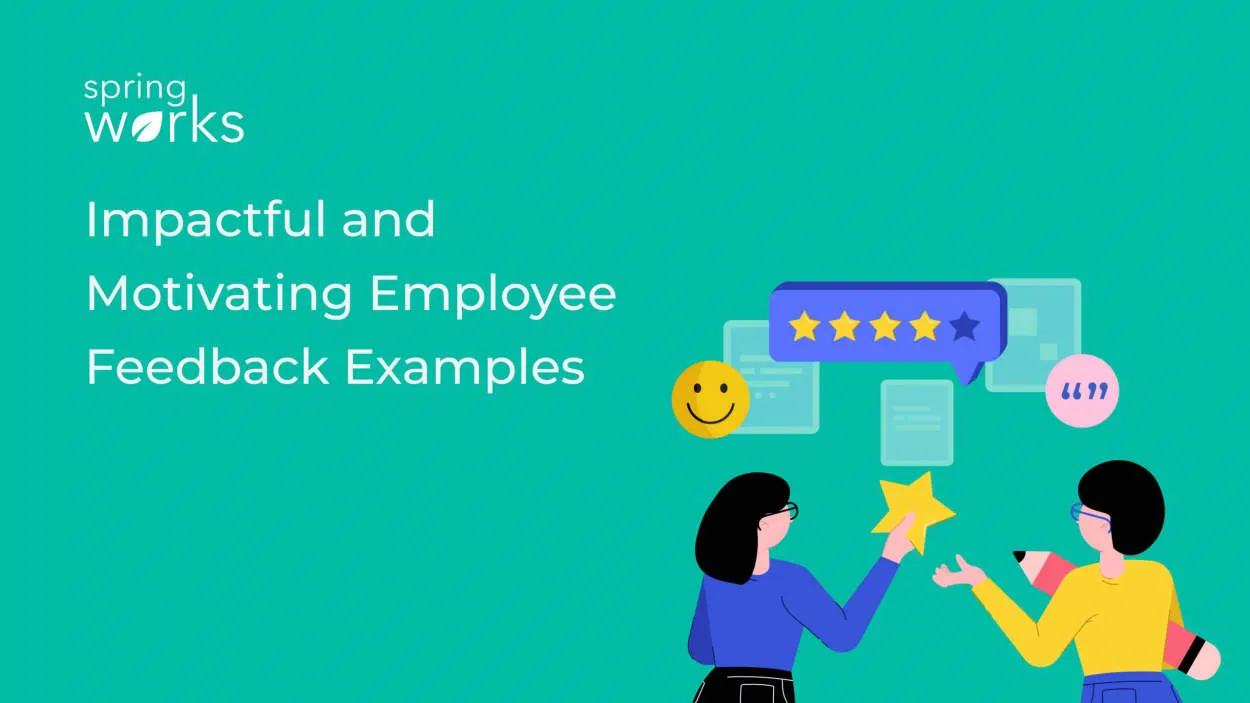Feedback plays a crucial role in the growth and development of employees. It provides valuable insights, allows for improvement, and boosts morale. In this article, we will explore the impact of feedback on employee growth and how it contributes to the overall success of organizations.
The Role of Feedback in Employee Development
Feedback plays a crucial role in the development of employees. It serves as a valuable tool for personal and professional growth, enabling individuals to understand their strengths and areas for improvement. Regular feedback can enhance their skills, knowledge, and overall performance.
One key impact of feedback is increased self-awareness. Through constructive criticism and positive reinforcement, employees gain insight into their strengths and weaknesses. This awareness allows them to capitalize on their strengths and work on areas that need improvement.
Feedback also fosters a culture of continuous learning and development within the organization. It encourages employees to seek out opportunities for growth, whether through training programs or mentorship. Regular feedback sessions provide a platform for setting goals and discussing progress, allowing employees to develop their skills and knowledge in a targeted manner.
Furthermore, feedback plays a vital role in fostering effective communication within teams. It helps clarify expectations and aligns employees’ efforts with organizational goals. By addressing concerns and providing guidance, feedback promotes open and transparent communication, thereby fostering a collaborative work environment.
In conclusion, feedback is an essential tool for employee development. It enhances self-awareness, fosters continuous learning, and promotes effective communication. Organizations that prioritize feedback create a supportive environment that encourages employees to grow, excel, and contribute to overall success.
Creating a Feedback Culture in the Workplace
Feedback plays a crucial role in an employee’s growth within an organization. It not only helps individuals identify areas for improvement but also contributes to the overall success of the company. To foster a feedback culture in the workplace, several key factors should be considered.
1. Open and Honest Communication: Creating an environment where employees feel comfortable expressing their thoughts and opinions openly is essential. Managers should encourage open dialogue and provide a safe space for constructive feedback.
2. Regular Performance Evaluations: Implementing a structured performance evaluation system allows for frequent feedback discussions. Providing both positive reinforcement and constructive criticism helps employees understand their strengths and areas that need improvement.
3. Encouraging Peer Feedback: Peer-to-peer feedback can offer valuable perspectives. Encouraging employees to share feedback with their colleagues promotes a collaborative environment and fosters personal and professional growth.
4. Setting Clear Goals: Clearly defining goals and expectations allows managers to provide more targeted feedback. When employees know what is expected of them, they are better equipped to take ownership of their work and seek feedback to meet those goals.
5. Training and Development Opportunities: Providing employees with opportunities for skill development and training encourages a growth mindset. Feedback should be integrated into these programs, allowing employees to receive guidance on their progress.
By prioritizing a feedback culture, organizations can create an environment that promotes continuous learning, employee engagement, and ultimately, better performance. However, it is crucial to remember that feedback should always be delivered constructively and with the intention of helping employees grow, rather than criticizing or demoralizing them.
How Constructive Feedback Drives Professional Growth
Feedback plays a crucial role in the professional development of employees. It provides valuable insight into their performance and helps them identify areas for improvement. Constructive feedback, in particular, can be a powerful tool in driving professional growth.
One of the primary benefits of constructive feedback is its ability to highlight strengths and weaknesses objectively. By receiving feedback that is specific, actionable, and focused on behaviors, individuals can better understand their strengths and areas that require development.
Constructive feedback also encourages self-reflection and self-awareness. It prompts employees to assess their actions, recognize potential blind spots, and take steps to enhance their skills. This introspection leads to continuous learning and improvement.
In addition, constructive feedback fosters a growth mindset among employees. When individuals receive feedback that emphasizes the opportunity for growth rather than personal criticism, they are more inclined to embrace challenges, seek feedback, and take risks. This mindset helps them develop resilience and adaptability in their professional journeys.
Furthermore, constructive feedback facilitates effective communication between managers and employees. It creates a culture of open dialogue where employees feel comfortable sharing their ideas, concerns, and professional aspirations. This exchange of feedback strengthens relationships and promotes a collaborative work environment.
In conclusion, constructive feedback plays a pivotal role in driving professional growth. It empowers employees to recognize their strengths, identify areas for improvement, and foster a growth mindset. By promoting continuous learning and open communication, organizations can create an environment that nurtures the development of their employees.
Conclusion
Feedback plays a vital role in the growth of employees. It provides them with valuable insights into their strengths and areas for improvement. By offering constructive feedback, organizations can help employees develop their skills, increase their performance, and achieve their career goals. Moreover, a positive feedback culture fosters higher engagement, enhances teamwork, and boosts overall productivity within the workplace.




